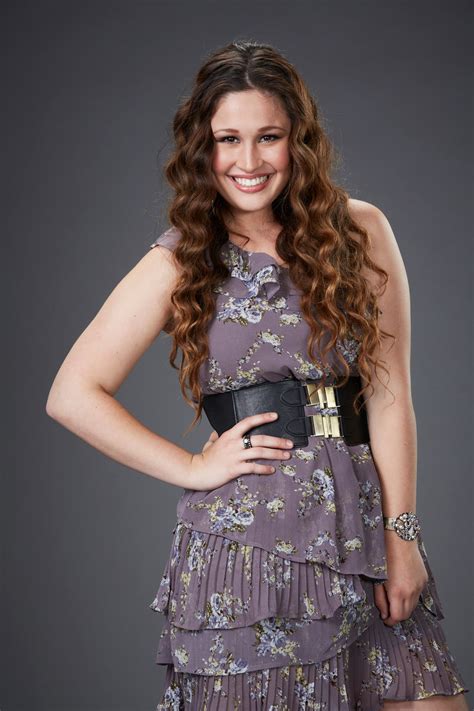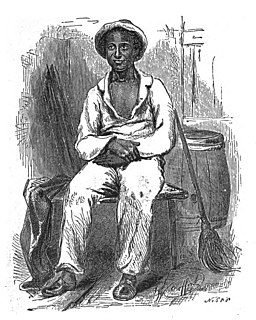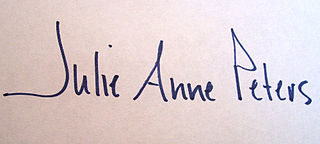A Quote by Kathy Reichs
I hated myself for needing him at such times, for craving his strength whenever I felt upset.
Related Quotes
The art of using troops is this:
......When ten to the enemy's one, surround him;
......When five times his strength, attack him;
......If double his strength, divide him;
......If equally matched you may engage him;
......If weaker numerically, be capable of withdrawing;
......And if in all respects unequal, be capable of eluding him,
..........for a small force is but booty for one more powerful.
He leaned closer, their faces drawing near, and he could feel the heat of her breath mingling with his. He closed his eyes against the memory of a thousand other kisses and touched his lips to hers. He felt a kind of spark, and all at once he felt her slowly coming back to him. She was the arm that held him close in times of trouble, she was the whisper on the pillow beside him at night.
At such times, the heart of man turns instictively towards his Maker. In prosperity, and whenever there is nothing to injure or make him afraid, he remembers Him not, and is ready to defy Him; but place him in the midst of dangers, cut him off from human aid, let the grave open before him, then it is, in the time of his tribulation, that the scoffer and unbelieving man turns to God for help, feeling there is no other hope, or refuge, or safety, save in his protecting arm.
When a man is stimulated by his own thoughts, full of desire and dwelling on what is attractive, his craving increases even more. He is making the fetter even stronger. But he who takes pleasure in stilling his thoughts, practising the contemplation of what is repulsive, and remaining recollected, now he will make an end of craving, he will snap the bonds of Mara. His aim is accomplished, he is without fear, rid of craving and without stain. He has removed the arrows of changing existence. This is his last body.
Whenever I hear about a child needing something, I ask myself, 'Is it what he needs or what he wants?' It isn't always easy to distinguish between the two. A child has many real needs which can and should be satisfied. His wants are a bottomless pit. He wants, for example, to sleep with his parents. He needs to be in his own bed. At Christmas he wants every toy advertised on television. He needs only one or two.
He was making her feel small and absurdly petulant and, worse yet, she suspected he was right. She always suspected he was right. For a brief irrational moment, she wished she could walk away from him. Then she wished, more rationally, that she could love him without needing him. Need gave him power without his trying; need was the choicelessness she often felt around him.
Whenever I felt tempted to, I don’t know, watch cat videos or bad Netflix TV instead of writing this Brandeis biography, I thought of his stern but kindly visage and buckled down and wrote the damn thing, because there’s so much information out there, and these are such anxious times in democracy, such unreasonable times.




































